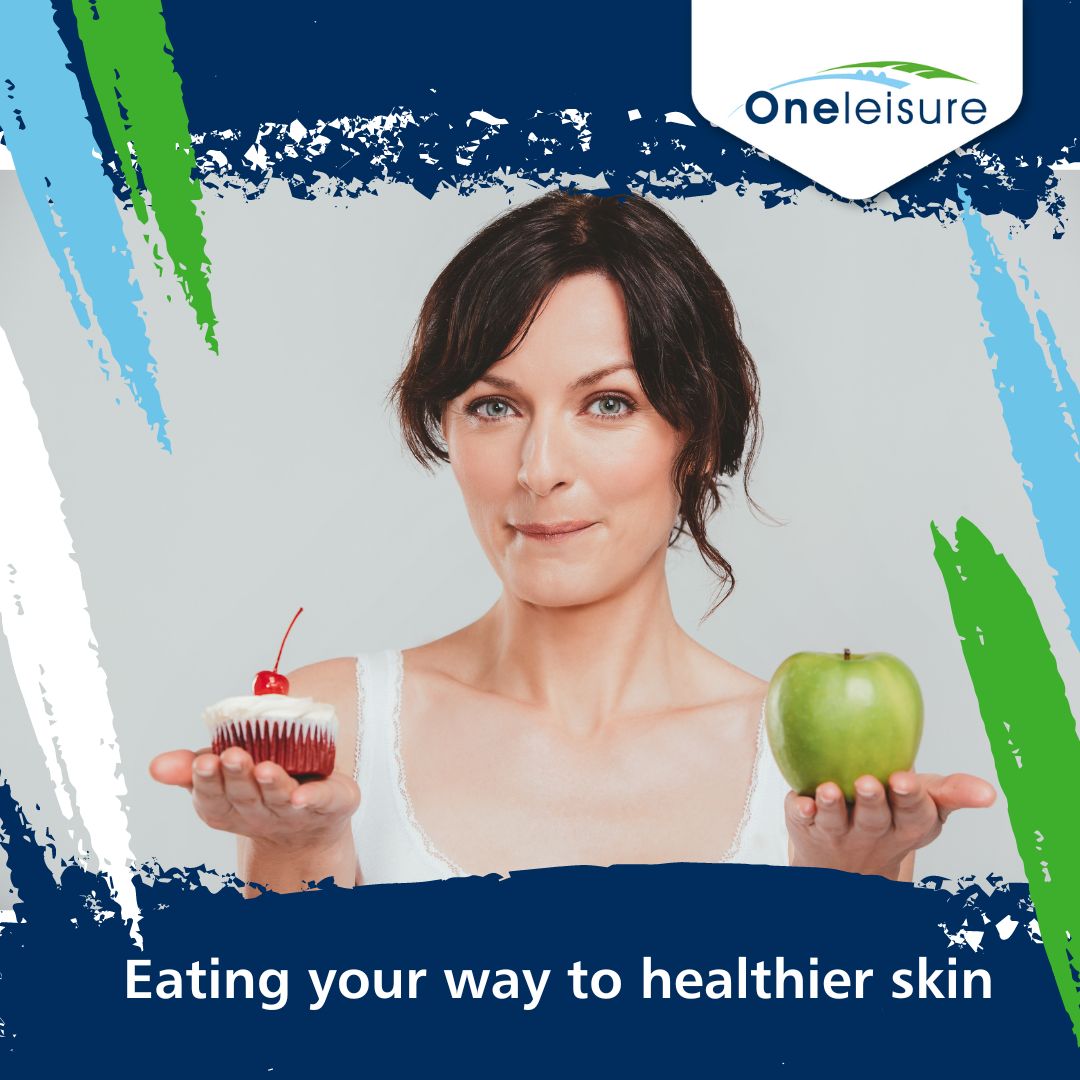
Eating your way to healthier skin
Skin ageing is a natural process, but is accelerated by exposure to the sun, tanning beds, poor diet and unhealthy lifestyle choices, for example smoking.
There are many skincare products on the market – each one with its own promises of how it may benefit your skin. While many of these may indeed form an important part of a healthy skincare regime, a holistic approach - which includes taking care of your skin from within through eating a nutritious and balanced diet - is ideal.
Vitamin C:
Aside from its immune-boosting effects on the body, vitamin C is important for healing and therefore healthy skin. It is also involved with collagen production - a protein needed for maintaining skin elasticity.
Berries, oranges, kiwi fruit and peppers are some of the best dietary sources of Vitamin C.
Zinc:
This mineral, amongst many other functions, is also essential for the healing process and is helpful for repairing blemishes and damage to the skin.
Fish, shellfish, whole grains, nuts and seeds are good sources of zinc.
Vitamin E:
This vitamin helps to protect the skin from cell damage caused by oxidative stress.
Most nuts and seeds contain good amounts of vitamin E - particularly almonds, hazelnuts, pine nuts, sunflower and pumpkin seeds and their oils.
Selenium:
This mineral, along with vitamins C and E, is also a powerful antioxidant playing an important part in protecting the skin from harmful free radicals.
Brazil nuts are the best source of selenium – fish, eggs and broccoli are also good sources.
Omega 3 fats:
Essential fats – especially those high in omega 3 fats are anti-inflammatory, helping to reduce the effects of conditions like psoriasis and eczema. They also assist in oil production, which helps keep skin supple.
Oily fish such as salmon and mackerel, as well as seeds – particularly flax seeds and chia seeds - are excellent sources.
Antioxidants:
These phytonutrients, found in large amounts in fruit and vegetables, protect the skin from oxidative damage by free radicals. Free radicals are harmful molecules caused by exposure to UV rays, smoking and chemicals found in pollution. Eating a rainbow and aiming for a minimum of five portions of fruit and vegetables a day is a good way of ensuring we consume a variety of antioxidants which can contribute to healthier skin.
Antioxidants are what give fruit and vegetables their varying colours and different colours have different properties – carrots and sweet potatoes contain beta-carotene; spinach and kale contain lutein and tomatoes and peppers are high in lycopene – to name a few examples.
Stay hydrated:
The general recommendation is 6-8 glasses of water per day, although other fluids like herbal teas can also count towards this – however, water is always best. Certain foods are good sources of water too - such as cucumber and watermelon. Our skin can quickly start to look dull and grey, even if we are mildly dehydrated, as skin relies on water to maintain its suppleness.
Get enough sleep:
Sleep is important for supporting the body’s detoxification system, allowing the body to recharge and remove toxins and waste that accumulates throughout the day. Without adequate sleep, the body is not able to properly perform these functions, resulting in toxins being eliminated via the skin.
Limit alcohol, sugar and processed foods:
These all put an extra load on the liver – the body’s main detoxification organ. By reducing your intake of toxins, you enable your liver to work optimally which can have a beneficial effect on the health of your skin.
Disclaimer: The content of this page is not intended to be a substitute for professional medical advice, diagnosis or treatment. Always seek the advice of your physician with any questions you may have regarding a medical condition. References available on request.